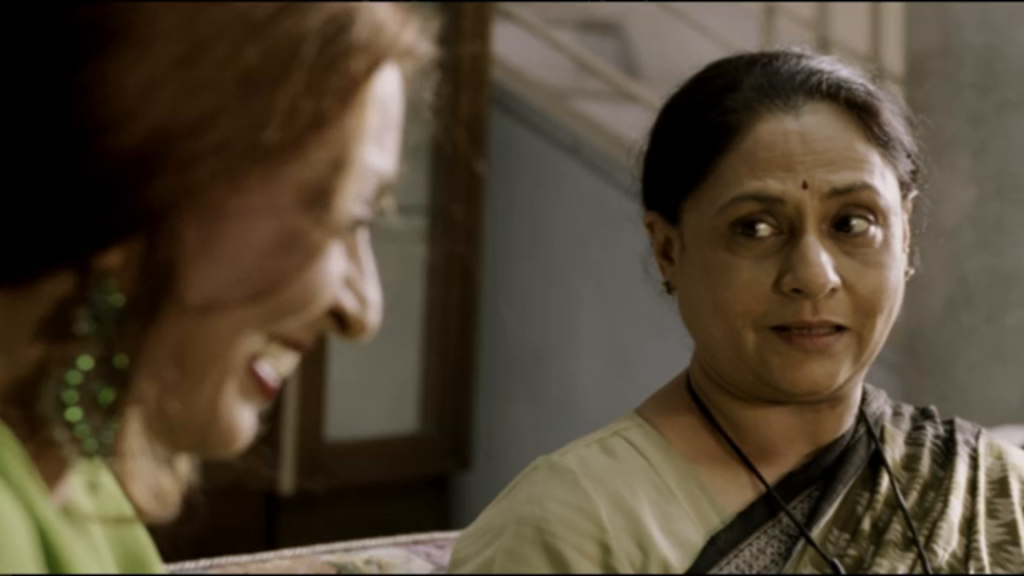The question of representation in mainstream entertainment has been one that has dominated discussions over the past couple of years. Everything that had previously been “whitewashed” in modern history has, yet again, been gilded with ethnic colours—even if it hasn’t done the movie any favours in and of itself.
In the heat of this debate, it’s not just cultures and languages that seem to be getting revived. Political and social movements, such as feminism, are also evolving as the mainstream changes its colours. As such, one question that often comes up is about the “accurate” representation of women in entertainment.
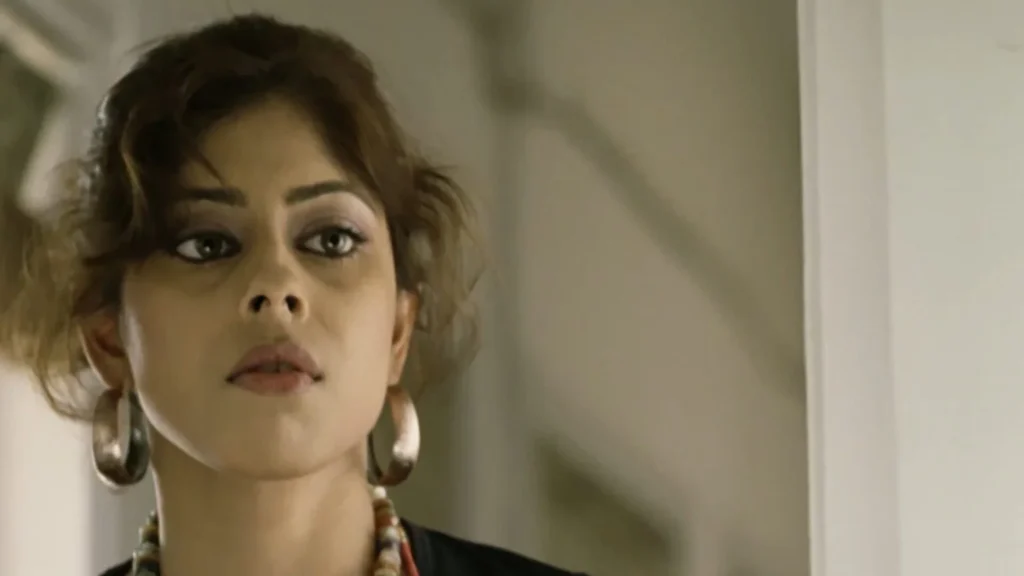
Is the trope of women sacrificing it all so embedded in our collective conscience that we automatically think the opposite of a “virtuous” woman is an “aaj-kal ki feminist” woman?
Or is there space, somewhere deep within the nooks and crannies of the independent film world, where the problems of the modern woman can be explored with the same lack of judgement that is so openly awarded to men?
This is where Lovesongs: Yesterday, Today & Tomorrow, a film as relevant today—if not more—despite being released in 2008, comes in.
Spoilers Ahead!
Lovesongs: Yesterday, Today & Tomorrow (2008) Review & Analysis
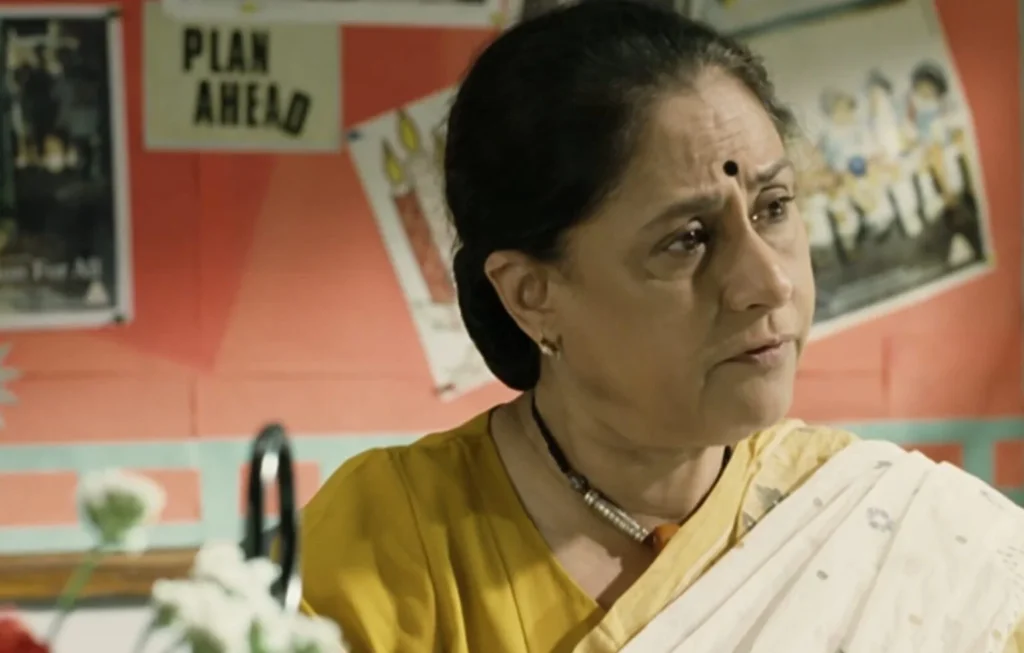
At first glance, the idea of exploring complex social and personal issues like motherhood, family, love, loss, and career by following three generations of a family may seem overdone.
But this movie does the plot justice by taking you back in time, event by event, person by person, detailing the various circumstances and choices of all involved, really driving home the idea that one’s story begins even before they are born.
One facet worth noting is that this movie is fuelled by the narratives of its women.
The film puts in a lot of effort to show us just how alone the protagonist, Mridula, is, and how circumstances have led her here. Though she was in love with Aftab, the two had to part ways, and her husband also died fairly soon into their marriage, leaving only her with the responsibility of her daughter, Palaash.
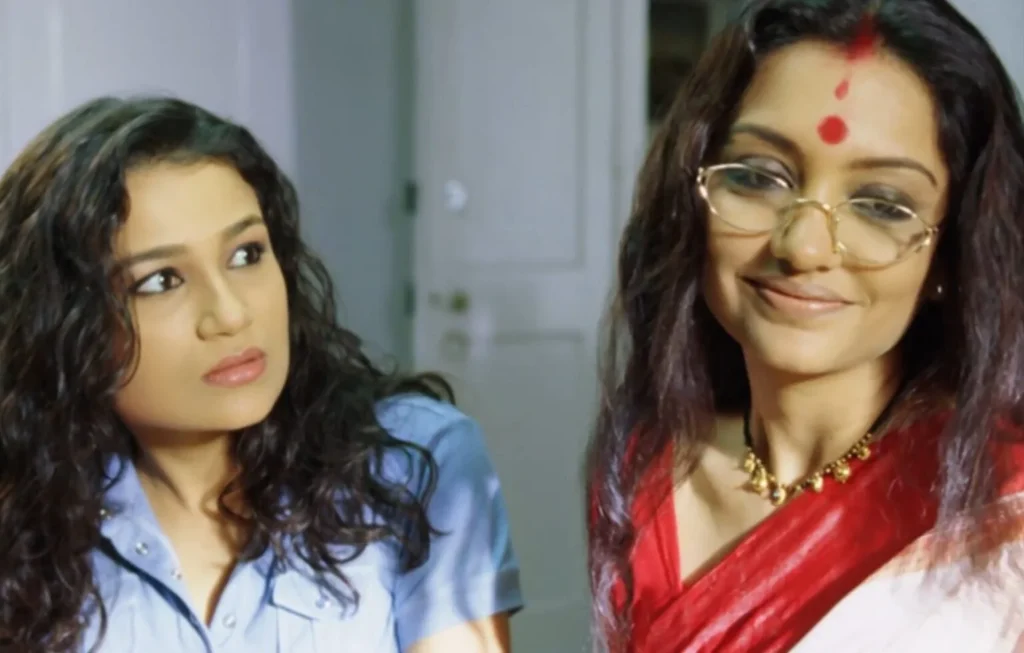
In other words, she is on her own, with no man to care for or provide for her. But she isn’t an “abla-naari.” Keeping in mind that the film was released in 2008, when conversations surrounding the role of women in society were not as huge a discussion as it has become today, it is commendable that the film refrains from employing emotionally manipulative rhetorics to drive home its point.
What’s worth noting is how the film uses its few male characters to really focus on the stories of women. That this is a women-led film, with the men only being used to further the story when absolutely essential, is truly a breath of fresh air. In fact, I would even go as far as to argue that this unique facet of not relying on me to explain the predicament of women is what makes Lovesongs stand out as a feminist film for me.
By reserving the appearance of even legendary industry veterans like Om Puri to only the essential scenes, Lovesongs drives home a bigger point— the lives of its women characters are not a product of male decisions, at least not in the conventional ways.
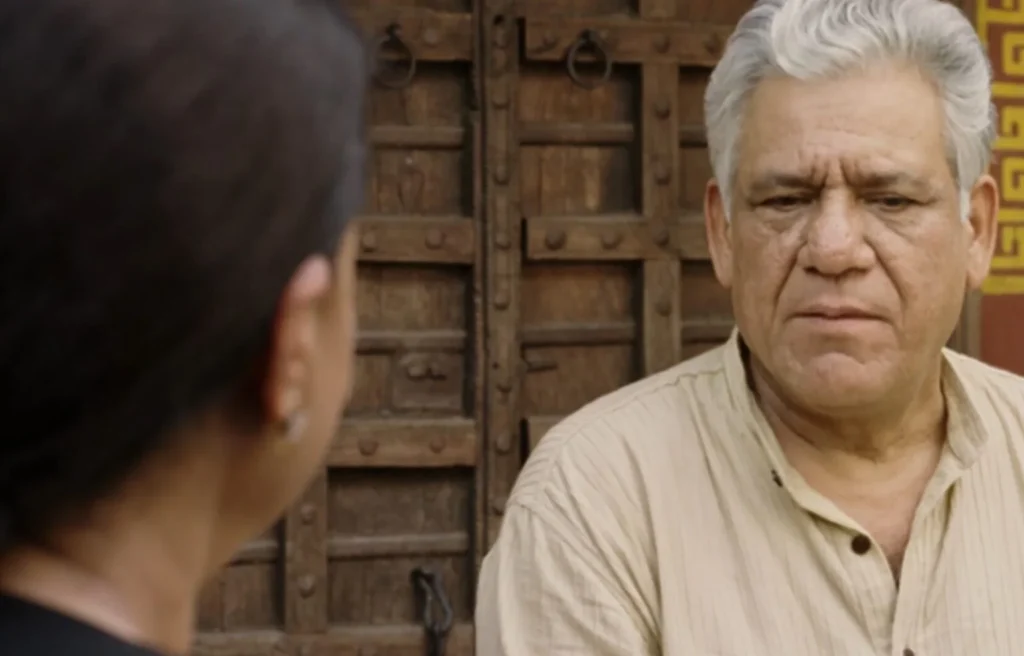
Allowing its female characters to have this certain autonomy over their lives without any judgement while still showing them grappling to come to terms with the bigger traumas is what makes this script so special.
This isn’t yet another film that shows women to be the “perfect” lover, wife or daughter; instead, they just are. The plot uses its characters’ personal exasperations and failures to move the story along; it doesn’t spend too much time being melodramatic, even in its most heart-breaking scenes.
Moreover, it challenges the traditional representation of the woman who can do it all, no matter the personal cost, with empathy—empathy for their circumstances, empathy for their decision-making (no matter how good or bad things turn out), and empathy for where life eventually takes them.
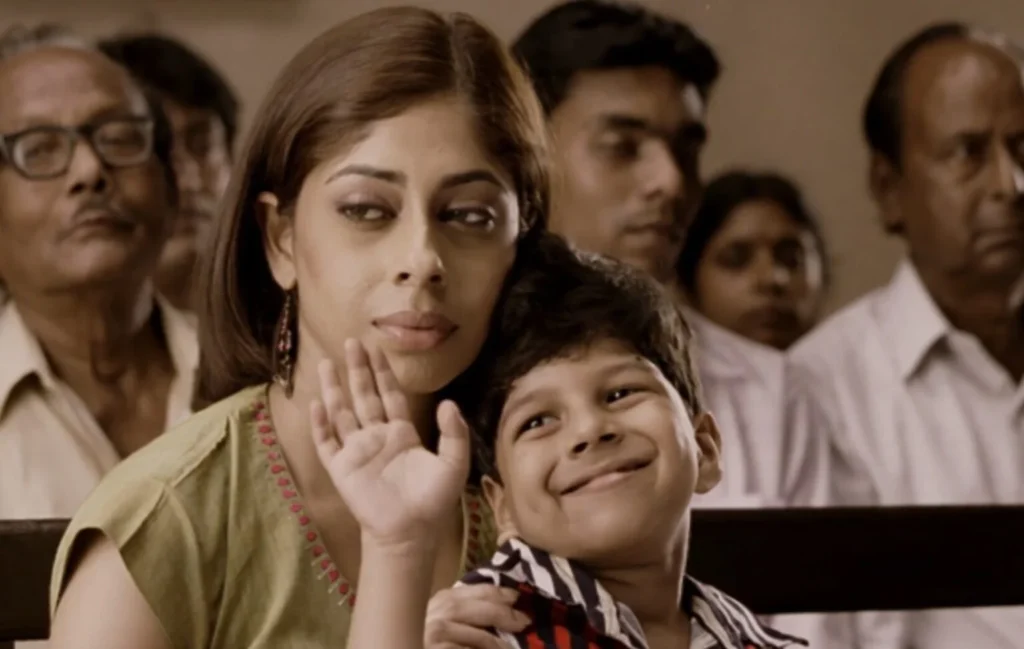
Central to the theme is also the ideas of personal liberty of women, and sometimes, the lack thereof, as the story traverses through Mridula’s life and the enigma of her star-crossed lover, Aftab. Instead of spending too much time on how they met and what unfolded, the script focuses more on the outcome of their romance.
This brings me to my next point — Lovesongs pays special attention to not only the decisions made by the women but also how their lives pan out afterward.
There’s Mridula whose marriage was arranged after Aftab’s exit from her life, but there’s also her daughter Palaash, who chooses her own husband but still ends up trapped in an unhappy, failing marriage. Rabia’s alcoholism, a result of her own marriage of convenience with Aftab, also makes a small feature in the script. Given that Indian society uses the concept of “getting settled” as a selling point for marriage, the stark differences…
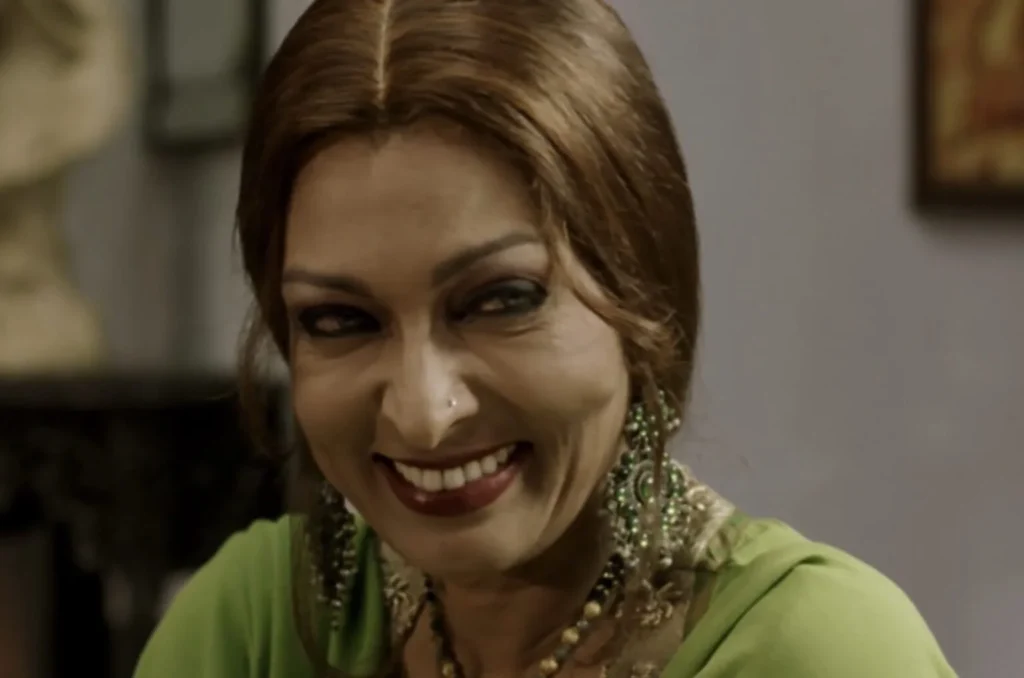
Another notion the film features is the idea of women dropping everything to be the saviours of others.
Mridula, stuck in a cycle of loneliness and circumstantial tragedy, is still an independent woman serving her community. As a widow, it’s likely there’s some element of societal shame vis-a-vis re-entering another romantic relationship. Her daughter, Palaash, on the other hand, having been given every liberty under the sun, still leads a rather tragic life, much of it being her own doing.
In fact, Mridula even takes numerous opportunities to label her child as “immature,” even though the existential crisis Palaash must have felt due to not knowing her father must have been crippling.
Mridula could have opened up to her daughter about the truth but refrained from doing so, and indirectly, these secrets also resulted in the death of her daughter.
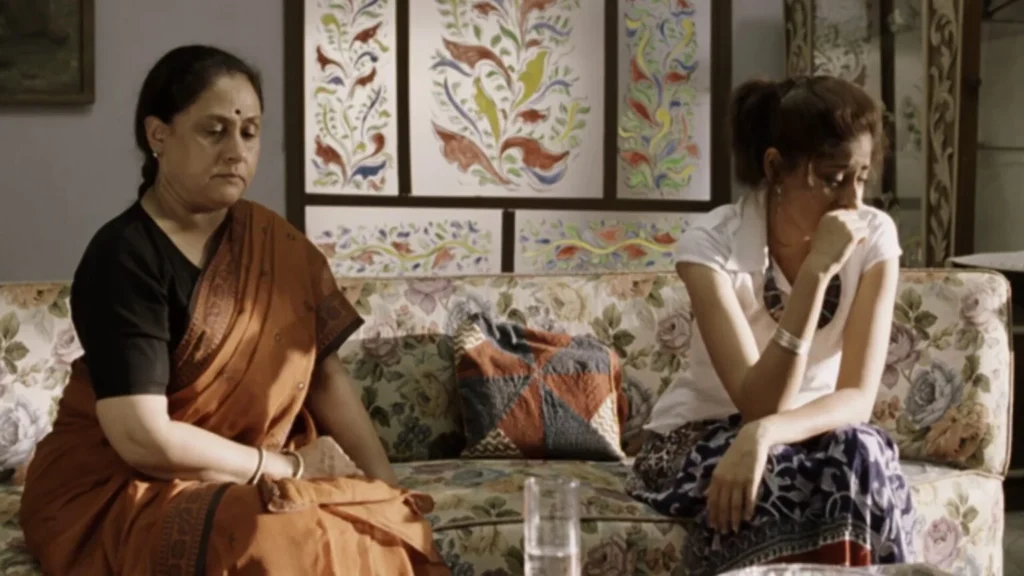
Yes, as the movie goes on, Mridula really comes across as a tragic figure—one for whom life never works out the way she would have wanted. In one poignant scene, just after having learnt about Palaash’s death, it is Mridula who comforts Rabina, urging her to overcome her addiction, while staying mum about the distressing news she has just learnt.
Even when life reunites Mridula with her long-lost lover, she has to make tough decisions that lead to her ending up all alone again. Just as she lost her husband before Palaash was born, Mridula now has to end up taking responsibility for her grandson all alone in the wake of Palaash’s death.
History repeats itself in this context, too, and although Mridula could have potentially made another choice—dare I say, even taken “a chance” on love when Aftab came back into her life—she plays it “safe” and chooses to devote herself to her beloved grandkid.
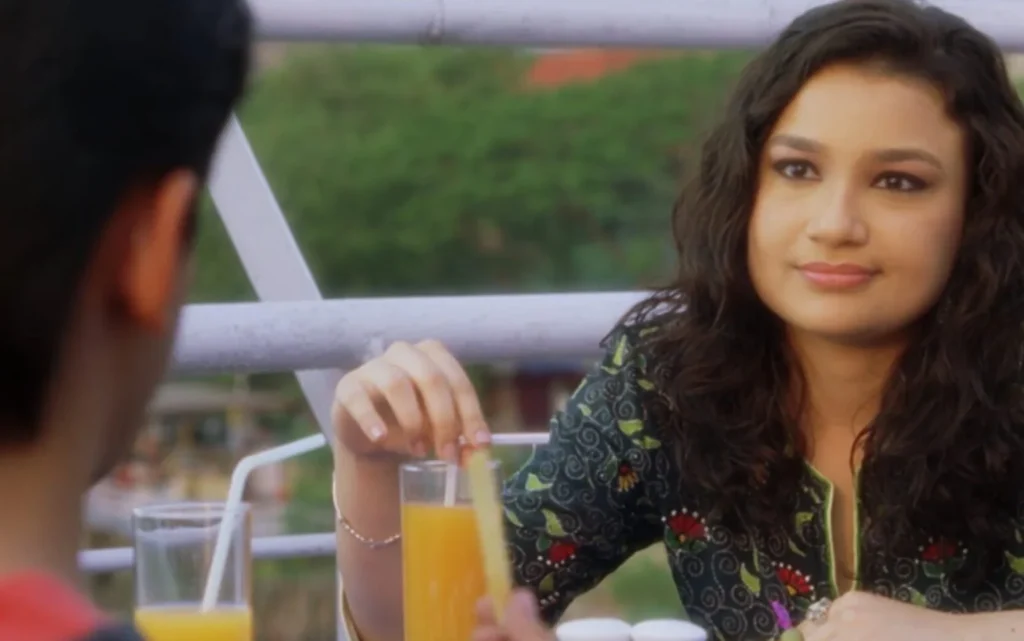
In this sense, there is that overbearing sense the viewer feels about how, maybe—just maybe—things may have worked out had she given Aftab another chance. After all, mainstream Bollywood has made us all suckers for a good ending.
But it’s worth considering that while there is this sense of loss on Mridula’s behalf as a young Aftab left her, the next time around, it is she who rejects the man for the same reason—it was “unavoidable.” In other words, while the tables may have turned, the end result remains the same—Mridula once again forsakes her “love” for family and responsibility. The only difference being that this time around, there seems to be more closure for Mridula.
Now, it would be remiss to not talk about the songs in Lovesongs. Although we have a culture that celebrates music as a storytelling tool, frankly, we now revere songs for their “danceability” or for their “catchiness.” But Lovesongs truly takes in stride beautiful music from across different genres and cultures. From Bengali classics to Hindi tunes and English jazz numbers, this movie really harnesses the power of songs to showcase the emotions of its characters. And what a splendid job it does at that.
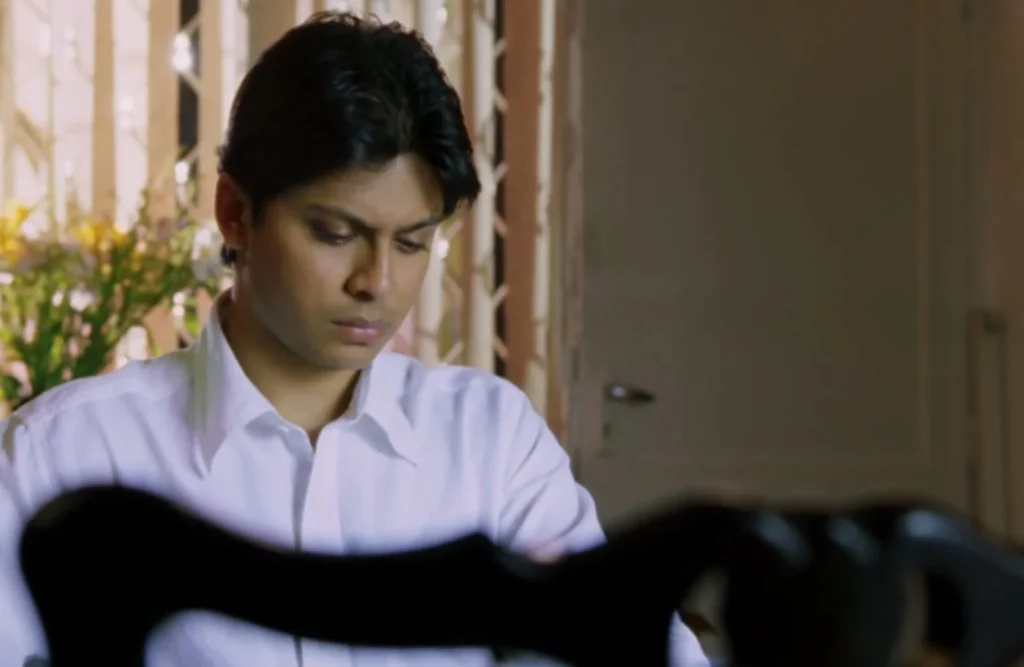
When all is said and done, the beauty in this film lies in its honest exploration of life and how it pans out differently for everyone.
More so than anything, its delicate handling of themes like personal accountability, marriage, mental health issues, and generational trauma is what makes it a standout movie, especially since it doesn’t employ an “ethics policing” tone.
These issues, for those of us who have experienced them in real life, aren’t black or white, and Lovesongs doesn’t wish to impose any life lessons on its audience.
Instead, for me, the biggest question it left me with was this—how much of our life is truly in our control, especially in a world where what it means to be a “woman” is somehow both progressing and regressing simultaneously?
